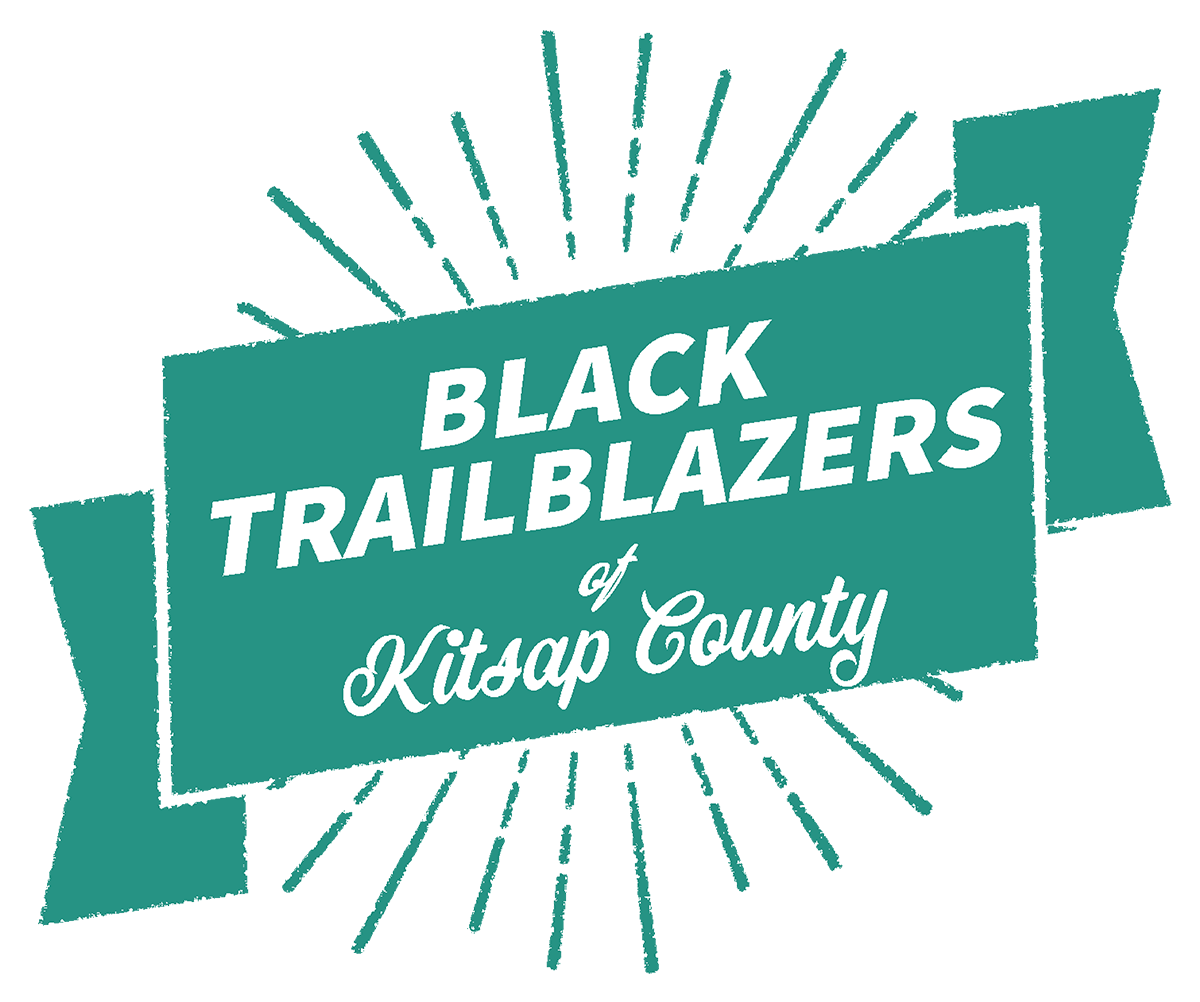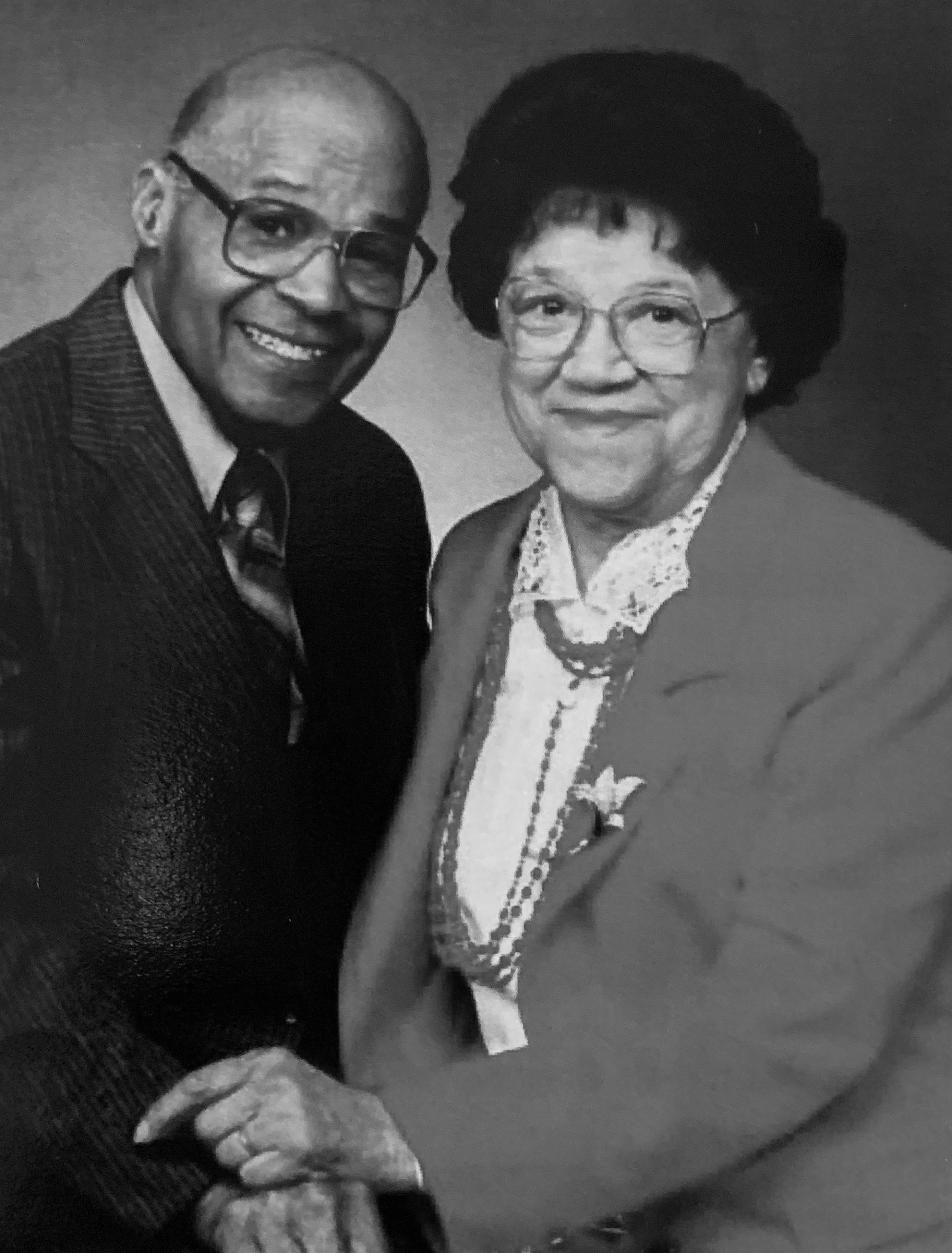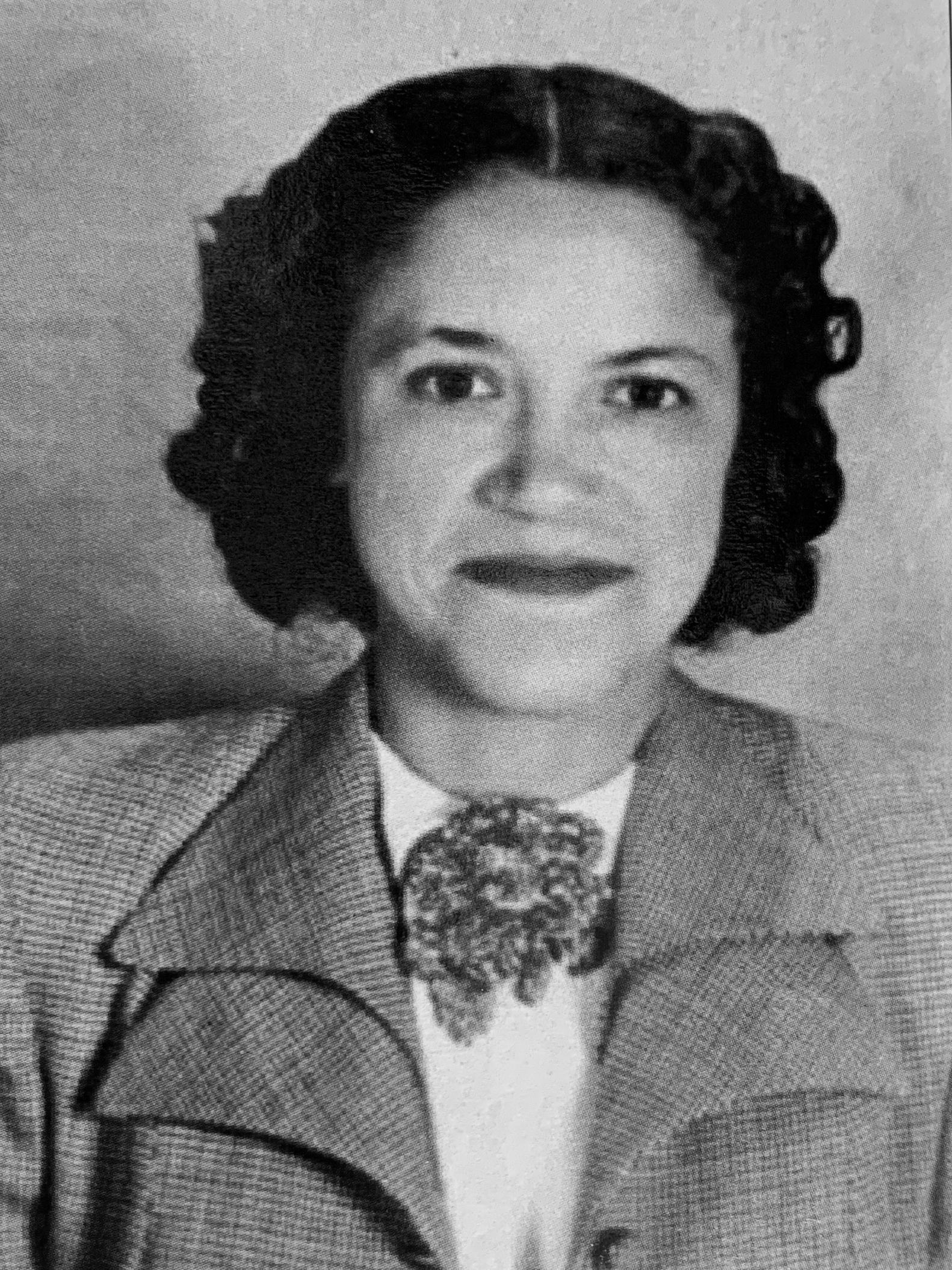

Lillian & James Walker
Lillian Walker (1913-2012) & James Walker (1911 – 2000)
Lillian (Allen) Walker was born in a run-down shack in rural Carrier Mills, Illinois, on October 2, 1913. Her parents, Moses and Hazel Allen, were both of mixed race. The 20-acre farm the Allens lived on provided most of Moses’ living as a farmer, although he worked as a coal miner occasionally. The Allens had 11 children, only five of whom lived past a young age.
Lillian met her husband James Walker in Chicago and the two were married in Seattle and moved to Bremerton in 1941 where James found work at the Puget Sound Naval Shipyard.
Because of the war, Bremerton was booming in the early 1940s. From 1940 to 1944, the 15,000 population of the town had quintupled to 75,000. As the population grew, the makeup of the people also changed. In 1940, only 100 black people were listed as residents of the city, but with the military’s hiring policy (at the time more welcoming to minorities than civilian contractors), the number grew to 4,600 by 1944. Becoming the state’s fourth largest city.
This change in population didn’t change the attitude Bremerton had towards the Black population which Lillian called “a white supremacist town”. After James’s run in with a barber that would only cut his hair after closing time, with the shades drawn, Lillian and James helped form the local NAACP. James became the second president of the Bremerton branch, and Lillian became the secretary. The Walkers were both active in the push for a Fair Employment Practices Act, which was enacted by the Legislature in 1949.
When facing prejudice, Lillian did not backdown. When Lillian attemped to order lunch at the Triangle Cafe near the shipyard entrance, she was told they don’t serve her type. Lillian then staged her own kind of sit-in at The Triangle Cafe, which resulted in then-Police Chief Art Morken determining that the black lady should be able to have a piece of pie with her friends in Bremerton. Morken also arranged a meeting the next day with the president of the NAACP, the pastor at Ebenezer African Methodist Episcopal Church and the cafe owner, a meeting that ended the “whites only” policy at the cafe.
Then again, in 1954, James attemped to buy a cup of coffee from a drug store in Bremerton and was rudely rejected. The Walkers conferred with Philip Burton, a prominent civil rights attorney in Seattle, who had them return to the drug store and once again were refused service. Burton filed a civil rights complaint which the Walkers refused to drop until the druggist settled and agreed to serve all.
In 1947, Lillian and several of her friends become founding board members of the YWCA of Bremerton, which opened a year later.
Lillian continued to remain active throughout her life which is evident from the honors bestowed on her. The PTA gave her its Golden Acorn. The YWCA gave her its Founder’s Award and the Democrats presented her their Lifetime Achievement award. The NAACP calls her “a living treasure.” The Kitsap County Bar Association gave her its Liberty Bell Award and the National Association of Colored Women’s Clubs announced that she will receive The Mary Church Terrell Lifetime Achievement Award. In honor of the couple, Bremerton named a park after them, the Lillian A. and James Walker Park.


